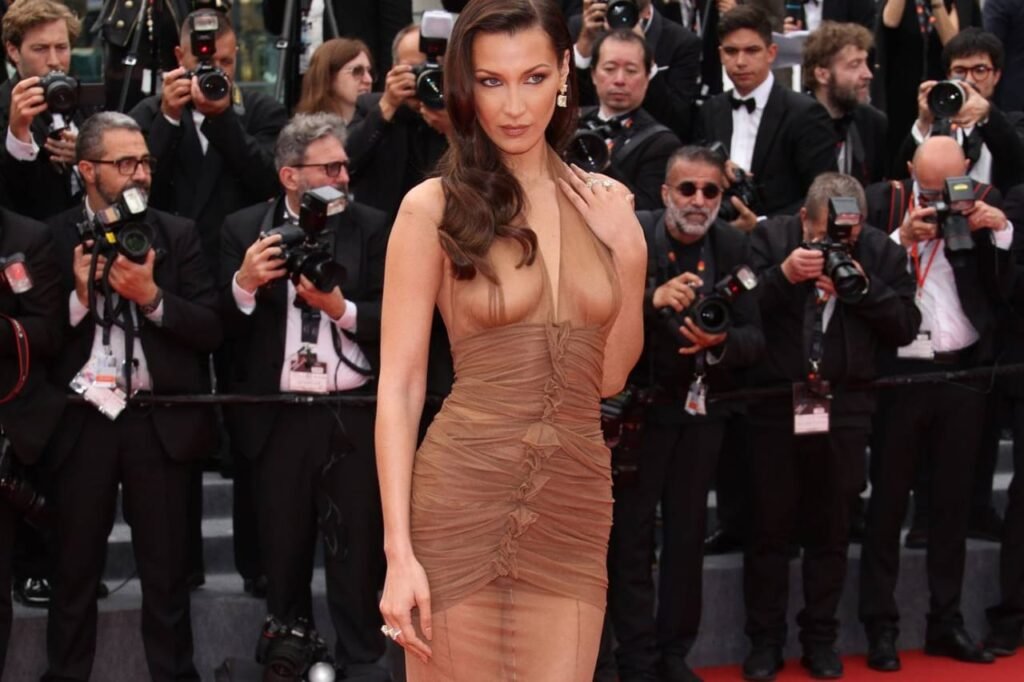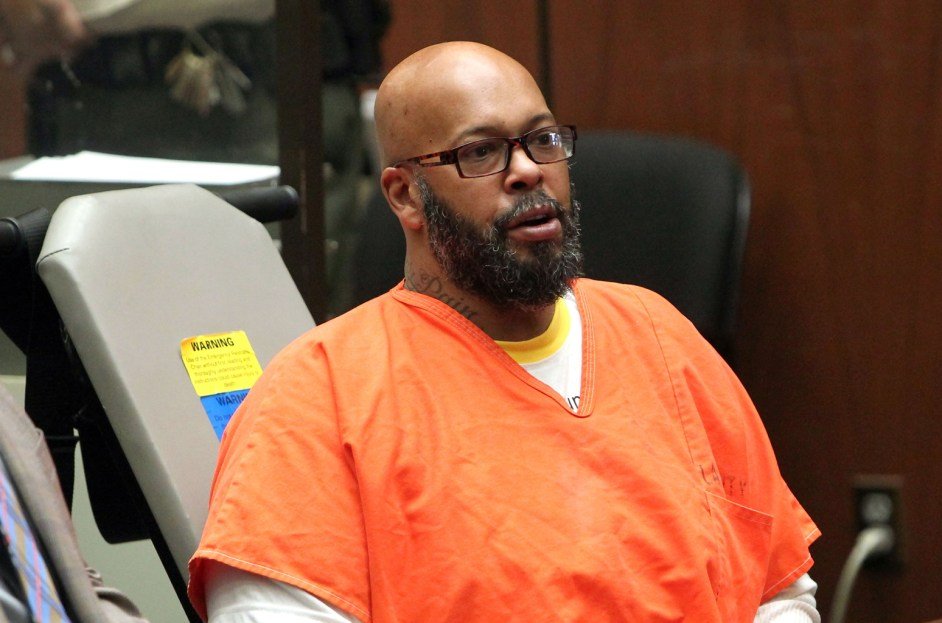
The Cannes Film Festival, long celebrated as the pinnacle of red carpet glamour, is taking a firm stand this year — one that speaks directly to celebrities who blur the line between daring fashion and outright nudity.
As the festival kicks off its 78th edition, running from May 13 to May 24, organizers have sent a clear message to attendees: nudity and excessively voluminous outfits will no longer be tolerated on the red carpet. The festival’s objective is to restore an air of elegance and decorum, ensuring that the spotlight remains on both the films and the artistry of fashion rather than controversy.
A New Era of Elegance: Cannes Cracks Down
In a formal statement, festival officials outlined the updated dress code with unambiguous language:
“For decency reasons, nudity is prohibited on the red carpet, as well as in all other areas of the festival. Voluminous garments, especially those with large trains that impede the smooth flow of guests and make seating in the theatre difficult, are not permitted.”
The announcement comes as a direct response to a growing trend of celebrities appearing in see-through or nearly invisible ensembles that often dominate headlines — and spark debate. Cannes, which has always positioned itself as a standard-bearer of red carpet sophistication, appears determined to reclaim the narrative.
Red Carpet Exhibitionism: A Growing Trend
Over the past several years, sheer and illusion gowns have become a recurring fixture at high-profile events. Supermodels like Bella Hadid and Kendall Jenner have stunned global audiences with outfits that reveal significant amounts of skin, particularly at Cannes. In 2022, Heidi Klum made headlines when her revealing ensemble exposed more than anticipated, prompting both shock and admiration.
The trend is not confined to Cannes alone. At the 2025 Grammy Awards, Bianca Censori, wife of Kanye West, appeared in a look that left little to the imagination, drawing polarized reactions. Actress Sienna Miller similarly made headlines at the Venice Film Festival, wearing a sheer frilled gown that relied heavily on strategic styling to comply with minimal coverage standards.
While these provocative choices may generate buzz, Cannes has historically maintained a stricter approach compared to other international festivals, emphasizing refinement and grace over spectacle alone.
Cannes’ Fashion Rules: A History of Elegance and Rebellion
Unlike the Berlinale, where casual and even sneaker-inclusive attire occasionally passes muster, Cannes enforces a rigorous dress code. Key standards include:
Tuxedos for men
Evening gowns for women
Elegant tops paired with black trousers and formal shoes are an acceptable alternative
Accessories like large handbags, casual footwear, or sneakers are strictly forbidden for evening premieres
Despite this formal framework, Cannes has not been immune to sartorial controversies. High-profile deviations over the years have sparked public debates about gender norms, fashion elitism, and the balance between comfort and tradition.
Heels, Protests, and Barefoot Statements
In recent years, several stars have openly challenged the festival’s rules. A decade ago, controversy erupted when women were reportedly turned away from red carpet events for wearing flat shoes, igniting conversations about outdated standards of glamour.
Symbolic acts of defiance have also made headlines:
In 2016, Julia Roberts walked the Cannes red carpet barefoot, a gesture widely applauded as a statement of empowerment and authenticity.
In 2018, Kristen Stewart removed her high heels in front of photographers, drawing attention to the restrictive nature of formal dress codes.
These incidents highlighted a subtle but growing tension between individual expression and institutional expectations. Celebrities increasingly prioritize comfort, individuality, and creative freedom, even on the world’s most prestigious red carpets.
Enforcement Challenges: Will Stars Comply?
While the new “no nudity” policy is now official, the question remains whether high-profile attendees will adhere to the rules. Given Cannes’ history of rebellious fashion moments, some celebrities are likely to test boundaries through subtle sheer fabrics, illusion panels, or creative styling that pushes the limits of the updated guidelines.
Yet the festival’s firm stance signals a renewed commitment to restoring order and elegance. Voluminous gowns with cumbersome trains — previously tolerated as a statement of opulence — may now be subject to restrictions to ensure smoother entry and seating during screenings.
Fashion experts suggest that this stricter tone could reshape red carpet dynamics, creating a year where style sophistication and moderation become the defining markers of celebrity presentation.
The Broader Implications: Balancing Art and Decorum
Cannes’ decision is not merely about controlling what stars wear; it reflects the festival’s larger role in shaping global fashion culture. Red carpet appearances are not only about personal expression but also about how film, glamour, and celebrity intersect in the public imagination.
By drawing a line between audacity and impropriety, Cannes reinforces its reputation as an arbiter of taste while reminding attendees that their choices carry cultural weight. In doing so, the festival encourages designers and celebrities alike to innovate within boundaries, promoting creativity that aligns with elegance rather than spectacle alone.
Conclusion: Eyes on the Red Carpet
As the 78th Cannes Film Festival unfolds, all eyes will inevitably focus on the red carpet — not just for the films being celebrated, but for how stars navigate the new dress code. Will Hollywood’s most daring personalities comply, or will they find ingenious ways to bend the rules?
One thing is certain: the conversation about fashion, audacity, and propriety will be just as compelling as the cinematic premieres themselves. The festival’s message is clear: Cannes is doubling down on elegance, decorum, and sophistication — and nudity, however bold, will no longer be tolerated.
In a world where red carpet moments are instantly immortalized on social media, this year’s Cannes edition promises to be a fascinating intersection of glamour, rebellion, and high-stakes fashion diplomacy. The countdown is on, and the world will be watching closely.




